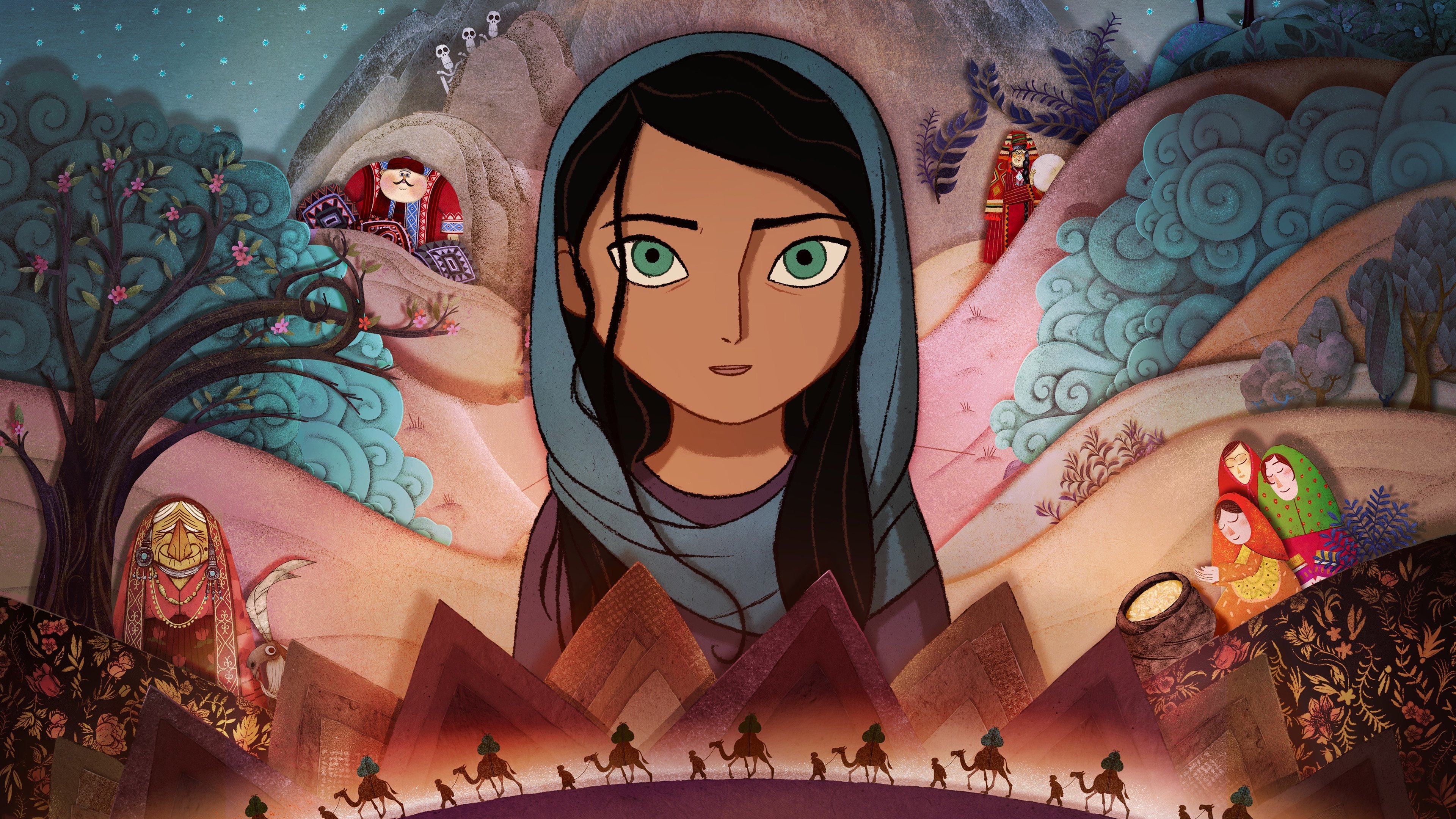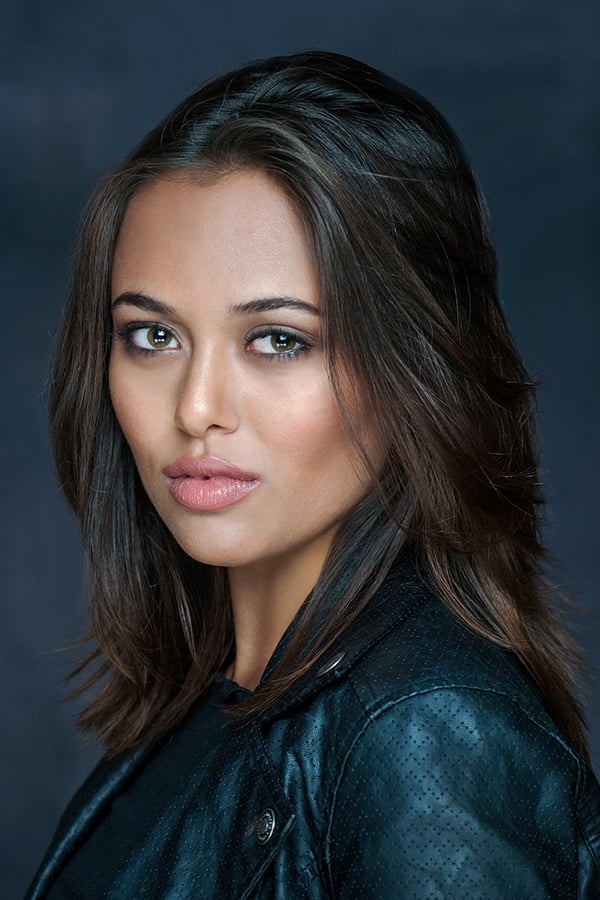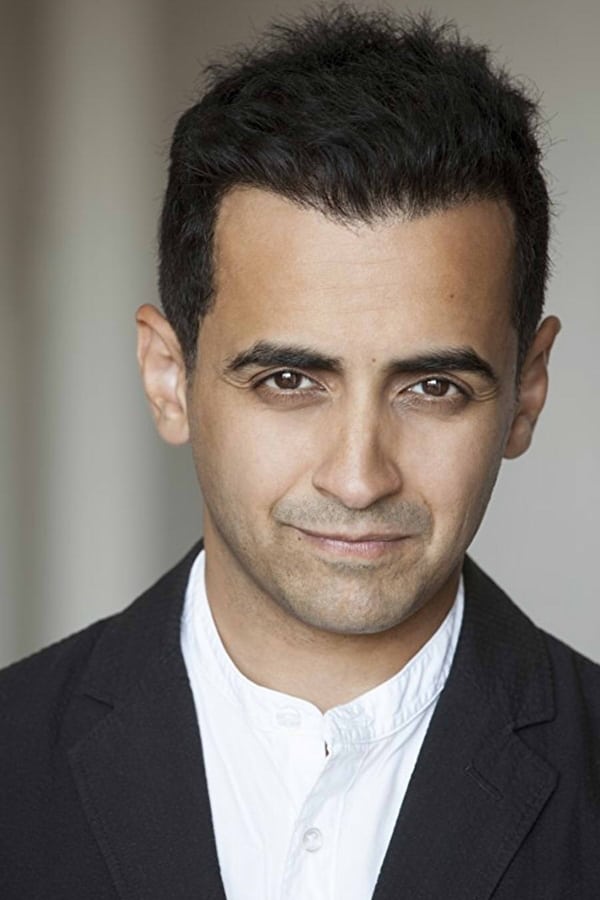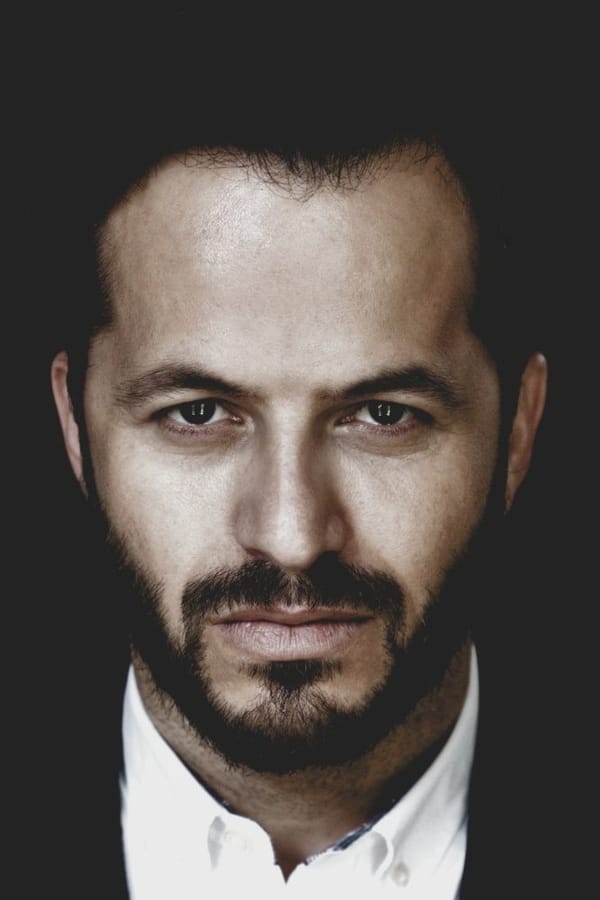Cartoon Saloon is really coming into its own with its distinct style of art, and personal narratives to tell compelling stories about the world. The 2017 film The Breadwinner is one of the most haunting English animation films I have ever seen. And the studio lived up to that, with another powerful story in Wolfwalkers. It’s about a misfit girl Robyn who ventures outside into the woods and becomes friends with a mysterious girl Mebh who morphs into a wolf. She has a personal vendetta against people because they’re encroaching into the woods. However, she’s timid when friendly, and once even vulnerably admits her mother is missing. At night, Robyn discovers she’s morphed into a wolf.
It’s a vampire-esque origin story, with Robyn’s morphing triggered by Mebh’s bite mark, which she made as a wolf. To avoid spoilers, it’s not possible to go into details about how extensively the film develops the metaphor for being queer. Robyn can live up to her free-spirited soul, and runs through the forests with her new friend Mebh after she transforms into a wolf at night. The bite mark is practically a euphemism for the eye-opening experience many have, which makes them realize why they were not fitting into this aggressively heteronormative world. Often it takes another person to show us our truth, and then leave us to explore for ourselves. That’s exactly what the first half’s about.
Luca, Disney’s pride month release, takes a slightly different approach. There, the story is told from the perspective of those who are aware of themselves. They consciously hide from the rest of the world. Here, they’re sea creatures which the people think are monsters. They never go to the land. However, when a kid, Luca, does cross over, he realizes, he gets transformed into a person, and can perfectly fit into the world. Here also, there’s another daring kid, Alberto, who guides him, like in Wolfwalkers with Mebh for Robyn. They feel adventurous and decide to try life as people for some time. It’s essentially the same story, however, when taken literally, the symbolism is a bit problematic.
If the monstrosity is really a metaphor for queerness, I’m not sure it sends a good message to depict them blending into the regular world, and finding it adventurous and fun. It almost gives being heterosexual, a ‘forbidden fruit’ touch. In fact, the conclusion of Luca makes it clear why they chose such a bizarre depiction, but that makes it feel quite like propaganda made to categorically come across as an ally. Actually, Luca is too much of a Disney movie to make sincere commentary. Wolfwalkers doesn’t shy away from portraying the dysphoria that arises from trying to belong in a heteronormative society. Luca does that too, but the beginning is the other way round and that’s a puzzling choice.
Many have said Luca is an animated kids version of Call Me By Your Name. Visually, I agree. It’s got a similarly dreamy colour palette, and the town looks familiar for anyone who’s seen the Guadagnino film. However, Call Me By Your Name, is actually more similar to Wolfwalkers thematically. There, the unsuspecting protagonist was introduced to their latent sexuality by another person, and they secretly explore that. In Luca, they’re both aware and are bored with being themselves, so they secretively pretend to be straight to reap the benefits of being heterosexual. There’s truth in the fact that there is hetero privilege in the world, but Luca never crosses the line into questioning the perception of heterosexuality as ‘normal’.




















